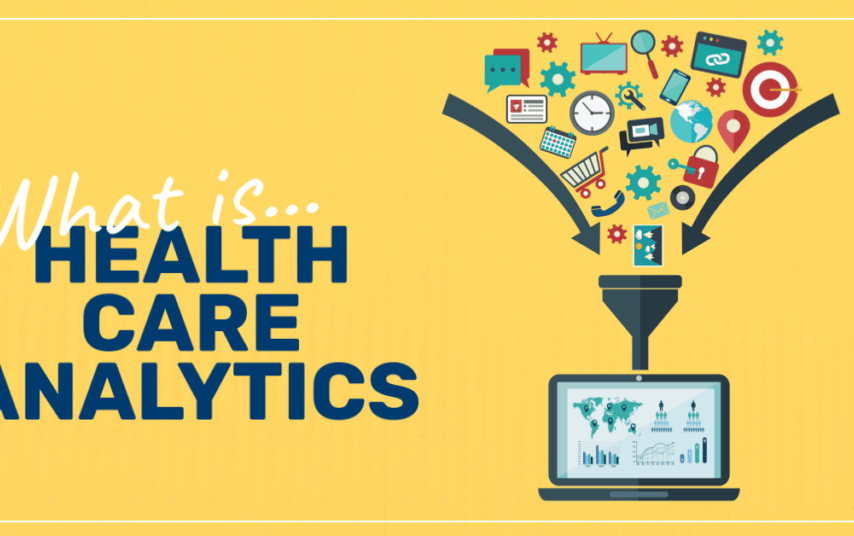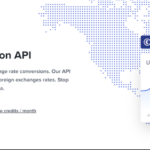While the terms healthcare informatics and healthcare analytics are often used interchangeably, they aren’t the same. Informatics and analytics are two disciplines operating in similar sections of the healthcare IT space, and despite their proximity, they have specifically-defined roles. Individuals working in these disciplines have some overlapping goals, such as developing healthcare IT solutions, but they approach them from different angles.
What Is Health Informatics and Analytics?
Health Informatics
Healthcare informatics uses technology to collect and utilize healthcare data to improve operations. Informatics integrates health information technology (HIT) into healthcare spaces to improve care. Individuals in this discipline are called informaticists and serve as a go-between for system users and developers.
Informaticists also advocate for the needs of the users. For example, they may focus on improving care coordination, maintaining information privacy, helping improve health literacy, or reducing health disparities.
Healthcare Analytics
Healthcare analytics uses systematic analysis to make decisions and improve the quality of care and outcome in the healthcare space. Individuals working in this discipline will typically research and analyze the data to determine the best ways to increase access to care, improve care quality, detect fraud, overcome financial challenges, and improve patient outcomes.
Analysts study trends and patterns and convert that data into information that can be used to create innovative healthcare solutions. The data analysis completed in healthcare analytics doesn’t just serve to record the past; it’s also used to generate a forecast of the future.
A Perfect Pair
Informatics and analytics work together to further the way technology is used to improve healthcare offerings and craft healthcare IT solutions. Systems like online patient portals, electronic medical records, healthcare apps, and symptom tracking apps are all examples of tools that have benefited from the work of individuals in healthcare informatics and healthcare analytics.
Healthcare IT Solutions Benefitting From Informatics and Analytics
Patient Portals
Patient portals enable patients to track and record their symptoms, research their condition, and schedule appointments. Patient outcomes are improved by allowing patients to take a more hands-on approach to their care, as patients are more likely to comply with care instructions when they have a sense of agency over their health. The information gathered through healthcare informatics helps ensure that programs meet the needs of patients and are user-friendly.
Electronic Records
Electronic record keeping can prevent human error from creating a dangerous situation. Compiling patient information in a hub where all care providers can access it prevents redundant care and incompatible medications from being prescribed. Informatic and analytics provide information that makes creating a shareable system possible without compromising patient privacy.
Equity Monitoring
Healthcare equity is a term that describes providing care to all humans, no matter their sex, ethnicity, economic status, or location. Right now, the healthcare system is not equitable to all individuals, and individuals working in the field of informatics and analytics are working to remedy that. Collecting and evaluating data can identify critical gaps in care and provide information that can be used to create revolutionary ways to address them.
Healthcare analytics and informatics aren’t the same, but they propel each other toward the ultimate goal of providing better, more accessible care. Through research and innovation, professionals in the healthcare sector can create solutions to common issues in the healthcare space and improve healthcare equity on a national and global level.







